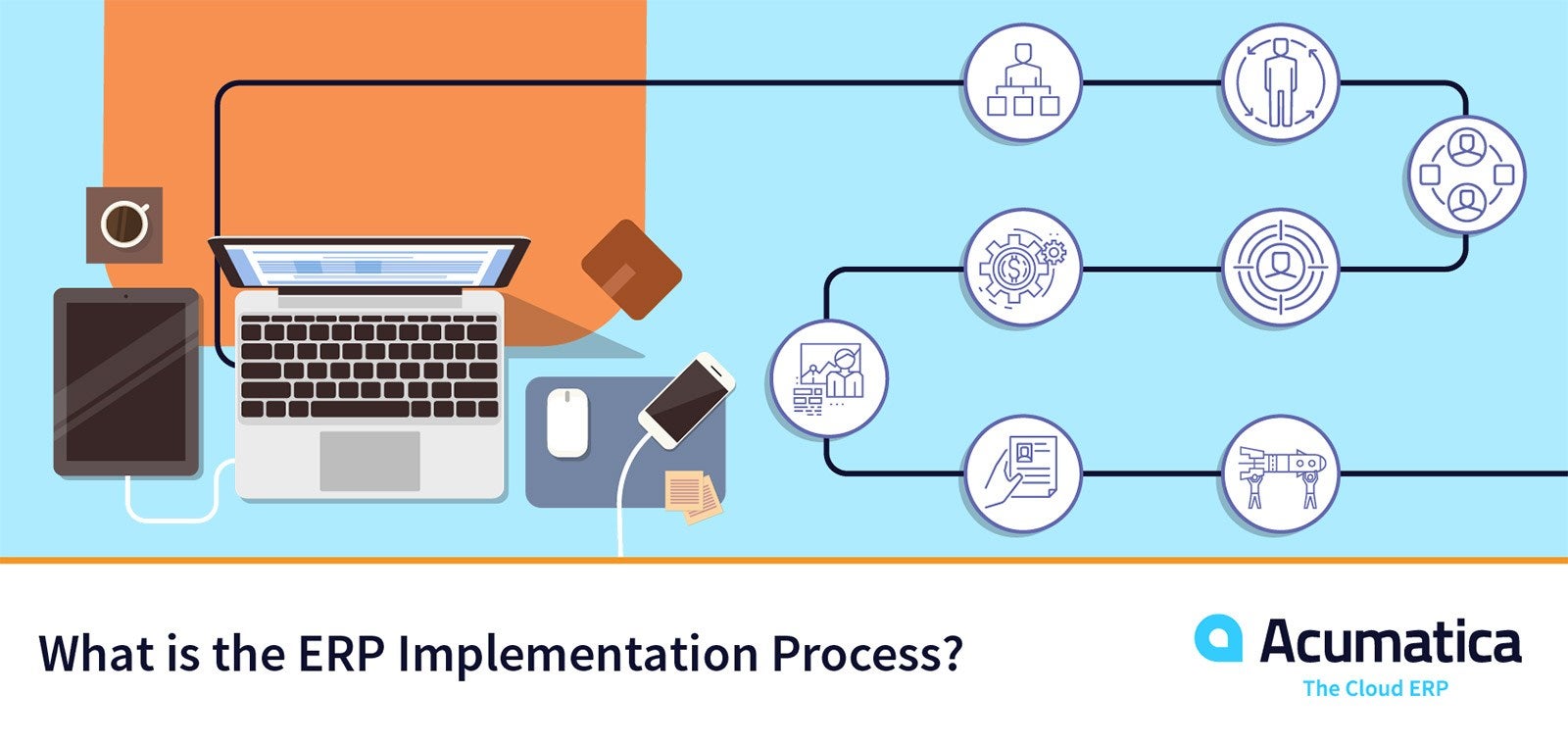
Implementing A New Erp System Software Can Be
You should be able to explain how the investment in a new system makes business sense. Some investments, like a machine that make croissants automatically, are easy to explain. Investments in business infrastructure, such as a new ERP, accounting or CRM system, are harder.Planning and implementing new desktop hardware and software can be.

Set Up a Cross-functional Power User Planning TeamWhen it comes to leveraging employee resources for a successful deployment, it’s a best practice to form an ERP implementation team comprised of people from all departments to lead the project. It helps todedicate a resource, such as a project lead, to ensure you’re staying on track—and on task—so you’re adhering to your timeline.If you’re upgrading to the cloud—and this isn’t your first time implementing an ERP system—don’t miss 4 Tips for a Painless ERP Solution Replacement. Even, we’ll add, when implementing a cloud-based solution, which tends to be faster and easier to deploy. NetSuite reports that their average customer is typically able to implement its ERP system within three months—much less than the on-premise ERP implementation industry average of a year and a half.Understanding the scope of the project—and putting in the time required to put all the pieces into place—will help ease system users “bide their time” until they can jump in and start using their tools. Your system won’t be up and running right away and changes won’t happen overnight, so don’t underestimate the value in actively managing users’ expectations.In their white paper, Implementation Tips from the Trenches, Technology Evaluation Centers asserts that the most common ERP implementation problem companies face is time management. If this is indeed your company’s first experience with an ERP system implementation, you’ll quickly learn that it’s a complex undertaking with many moving parts. Mind the TimeRight off the bat, it’s critical to have a realistic project timeline to share with key employees.
Choose implementation team members who “show a passion for systems,” understand their department inside and out, and are willing to see where they can align their processes within the new system. Remember that an ERP implementation is not simply an IT project: it’s an enterprise-wide business solution project and all the applicable areas should be involved in the project. The new ERP system is going to impact virtually every functional area of the company—they’ll be tapping into data from the same source and they’ll be working with brand-new processes and procedures—and interdepartmental collaboration and cooperation are vital for planning, deploying, and using the new tools.Technology Evaluation Centers offers three particularly helpful bits of advice:
...

Learn more Choosing an Implementation Partner Who Can Manage Your Expectations.Considering implementing an ERP system? Is a cloud-based ERP solution right for your business? We can help you assess your needs and ensure the right system gets puts in place to take your business to the next level. From making sure your project is scoped properly to helping to support employees-turned-users, they’re experts on both the technology and the process of getting it up and running. Lean on Your Implementation PartnerTake advantage of everything your ERP system implementation consultants have to offer. Depending on your employees’ needs and preferences, do what it takes to ensure their new ERP system provides a positive experience, every step of the way.


 0 kommentar(er)
0 kommentar(er)
